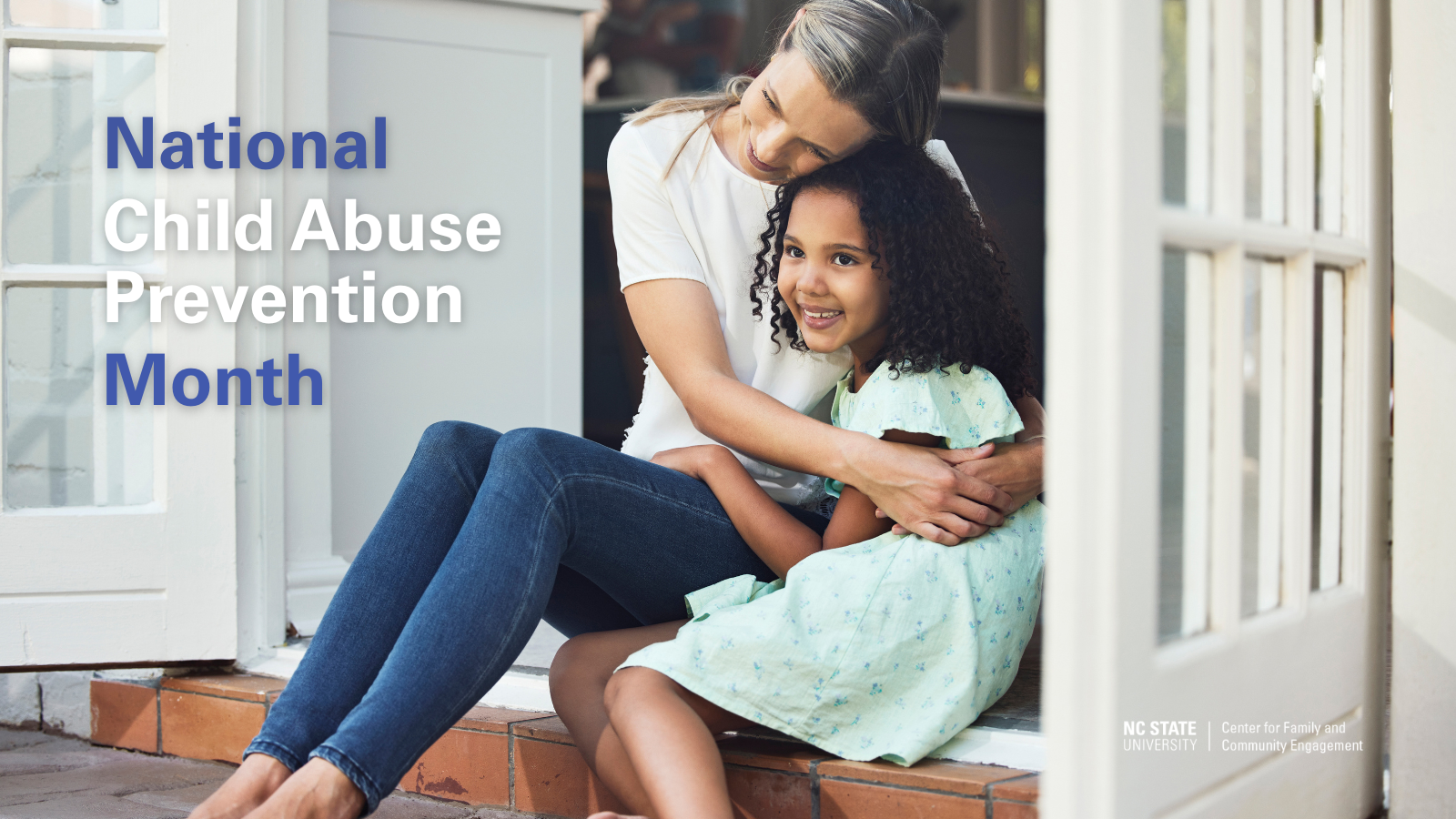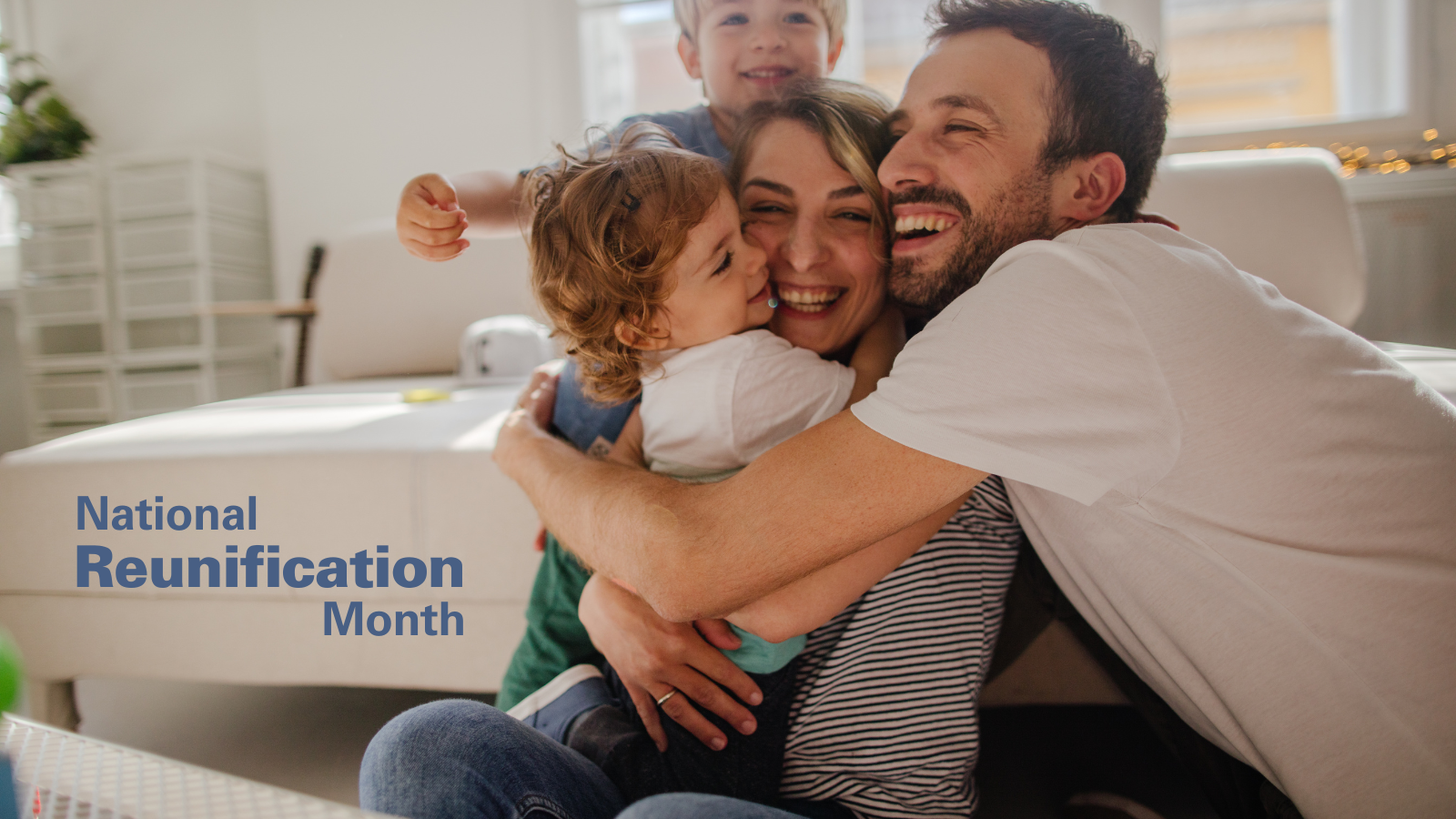Ways to Support Foster Youth and Survivors of Abuse

April is Child Abuse Prevention Month, a time dedicated to raising awareness and promoting actions that safeguard children from abuse and neglect. In North Carolina, organizations like the Positive Childhood Alliance (PCA) are at the forefront of these efforts, providing valuable resources and support to foster children and survivors of abuse. Drawing from PCA’s insights, here are effective ways to support these vulnerable populations.
Understanding the Protective Factors
PCA and other preventative organizations emphasizes the importance of five protective factors that can mitigate the risk of child maltreatment:
- Parental Resilience: Helping parents manage stress and function well when faced with challenges, adversity, and trauma.
- Social Connections: Providing parents with friends, family members, neighbors, and other community members who can offer emotional support and assistance.
- Knowledge of Parenting and Child Development: Educating parents about child development and appropriate expectations for their children’s behavior.
- Concrete Support in Times of Need: Ensuring families have access to basic needs such as food, clothing, housing, and transportation during crises.
- Social and Emotional Competence of Children: Helping children develop the ability to interact positively with others, self-regulate their behavior, and communicate their feelings.
By strengthening these protective factors, communities can create environments that support the well-being of children and families.
Ways to Support Foster Children and Abuse Survivors
- Become a Foster Parent: Opening your home to a child in need provides them with stability and care. Organizations like the Positive Childhood Alliance and Children’s Home Society of NC offer training and resources for prospective foster parents.
- Volunteer as a Mentor: Mentorship programs connect supportive adults with foster youth, offering guidance and positive role models.
- Support Local Advocacy Centers: Contributing time or resources to child advocacy centers helps provide essential services to abuse survivors, including counseling and legal assistance. Some incredible advocacy organizations include Safe Child NC, the NC Child Advocacy Network, and Benchmarks.
- Educate Yourself and Others: Understanding the signs of abuse and the challenges faced by foster children enables you to advocate effectively and raise awareness within your community.
- Donate to Support Services: Financial contributions to organizations like the Positive Childhood Alliance fund programs that directly benefit foster children and abuse survivors.
- Participate in Community Events: Engaging in local events during Child Abuse Prevention Month helps spread awareness and fosters a community committed to protecting children. You can follow our social media page to stay up to date.
- Advocate for Policy Changes: Supporting legislation that protects children and provides resources for abuse survivors can lead to systemic improvements.
By implementing these strategies, individuals and communities can make a significant impact in the lives of foster children and survivors of abuse, fostering a safer and more supportive environment for all.


